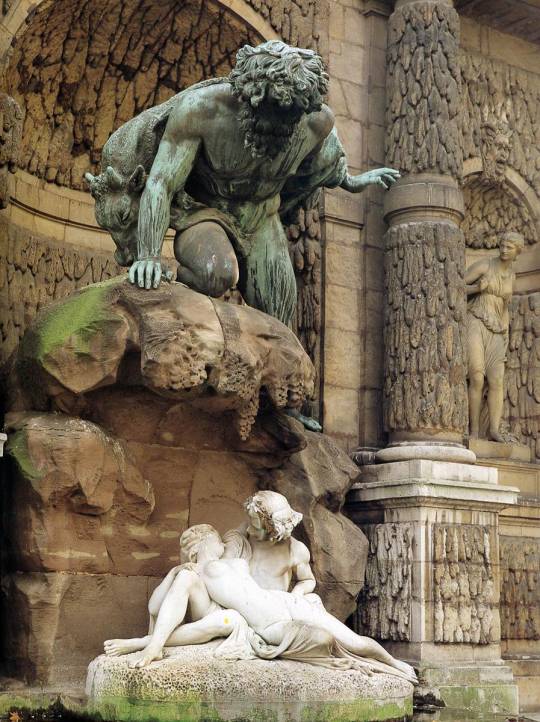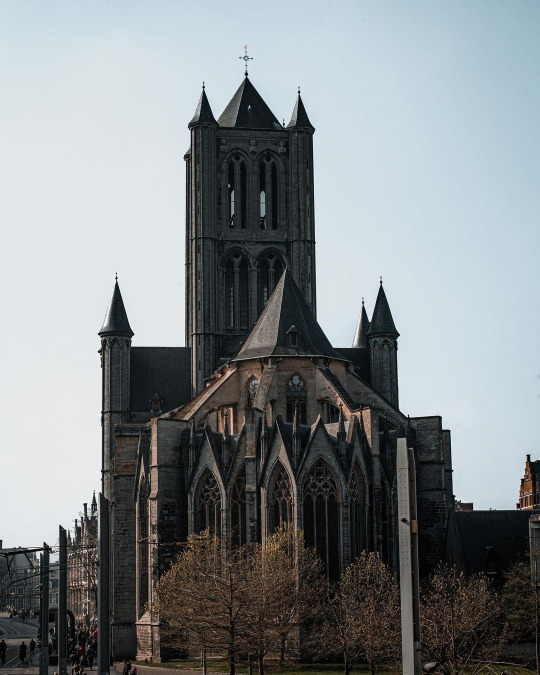infj-t • portugal • 25 • she/her || history and photography lover, books eater, nature, dreamer
Don't wanna be here? Send us removal request.
Photo


Perfume: The Story of a Murderer (2006)
176K notes
·
View notes
Text
I cherish you, O divinity, who seems born of jealousy’s own lineage.
It is a pity of you do not sing in French; else I should see you soar through the grand airs of an opera, where your presence would be most divine.
I live you nonetheless—though I waver, uncertain whether I ought not to call you Venus herself. At times, you possess her sweetness, though not always at the most fitting hour; yet jealousy steals its share. Decide, I beg you, which of these you will embrace. But if you will take my counsel, allow them to quarrel amongst themselves for the honour of possessing you, and instead yield to the charms of the only deity I truly acknowledge—the gentle indifference that brings with it life’s purest, most enduring happiness.
Pray, let me know the instant you wish for my presence; I am at your command from this very moment, should you desire it. Indeed, it is solely from fear of disturbing you that I am not already at your door. Truth be told, I have nothing to detain me here, and would ascend to you at once, if you but gave the word.
Until then, I seal these lines with a kiss.
Letter nr. 47 of Princess Isabella of Parma to Maria Christina, Duchess of Teschen (February -Mars 1761 (?)).
3 notes
·
View notes
Photo

Garnier Opera, Paris. Photography by David Leventi
6K notes
·
View notes
Text
Laocoön and his sons, by Agesander, Athenodorus and Polydorus of Rhodes.
A Roman marble copy, crafted in the 1st century AD, of a lost Hellenistic Greek bronze. It depicts the tragic figure of the Trojan priest Laocoön, alongside his sons Antiphantes and Thymbraeus, as they are mercilessly ensnared by sea serpents—agents of divine retribution. It portrays hails from Greek mythology, wherein Laocoön, in an act of courageous defiance, sought to warn his fellow Trojans of the perils concealed within the infamous wooden horse. For his audacity, the gods condemned him and his sons to a violent death at the coils of monstrous serpents.
This masterwork of sculptural drama left a profound mark upon the Italian Renaissance, deeply influencing artists such as Michelangelo, who found inspiration in its muscular dynamism and expressive torment.
The statue was unearthed in 1506, during the pontificate of Pope Julius II, near the Basilica of Santa Maria Maggiore in Rome. Today, it resides within the Vatican’s Museo Pio-Clementino.

34 notes
·
View notes
Text
Can't do my actual job for doing historical research for anonymous asks 🤣
9 notes
·
View notes
Text

Basilique de Sainte-Thérèse, Lisieux, FRANCE
624 notes
·
View notes
Text
*speaks only in half sentences and leaves the rest to telepathy*
51K notes
·
View notes
Photo

Coolbawn House, Co. Wexford. Built in 1840. In Enniscorthy,County Wexford, Ireland by Simon Marsden
5K notes
·
View notes
Text
no one will come to save you but some will offer you their hand to hold when life gets tough and those are the ppl that matter
32K notes
·
View notes
Text

Iguazu Falls, Argentina
by Ngaire Hart
380 notes
·
View notes
Text






Hydrangea flowers symbolize heartfelt emotion and deep understanding—and the complexity of feelings that can't always be spoken. Their ever-changing color reflects the emotional shifts of the heart, while their full, layered blooms speak to the richness of connection and the quiet strength found in vulnerability.
1K notes
·
View notes
Text

OTTIN, Auguste Polyphemus Surprising Acis and Galatea 1852-63 Bronze, height 280 cm, marble, height 115 cm Luxembourg Gardens, Paris
2K notes
·
View notes
Text






Elizabeth Taylor as Maggie "The Cat" in Cat On A Hot Tin Roof (1958)
690 notes
·
View notes
Text




Forum, Rome -- September 19th, 2024
Etsy
4K notes
·
View notes
Photo




Ghent, Belgium, photos by s1amsi
27K notes
·
View notes
Text

A hibiscus flower under ultraviolet light, shining for the polinators.
32K notes
·
View notes
